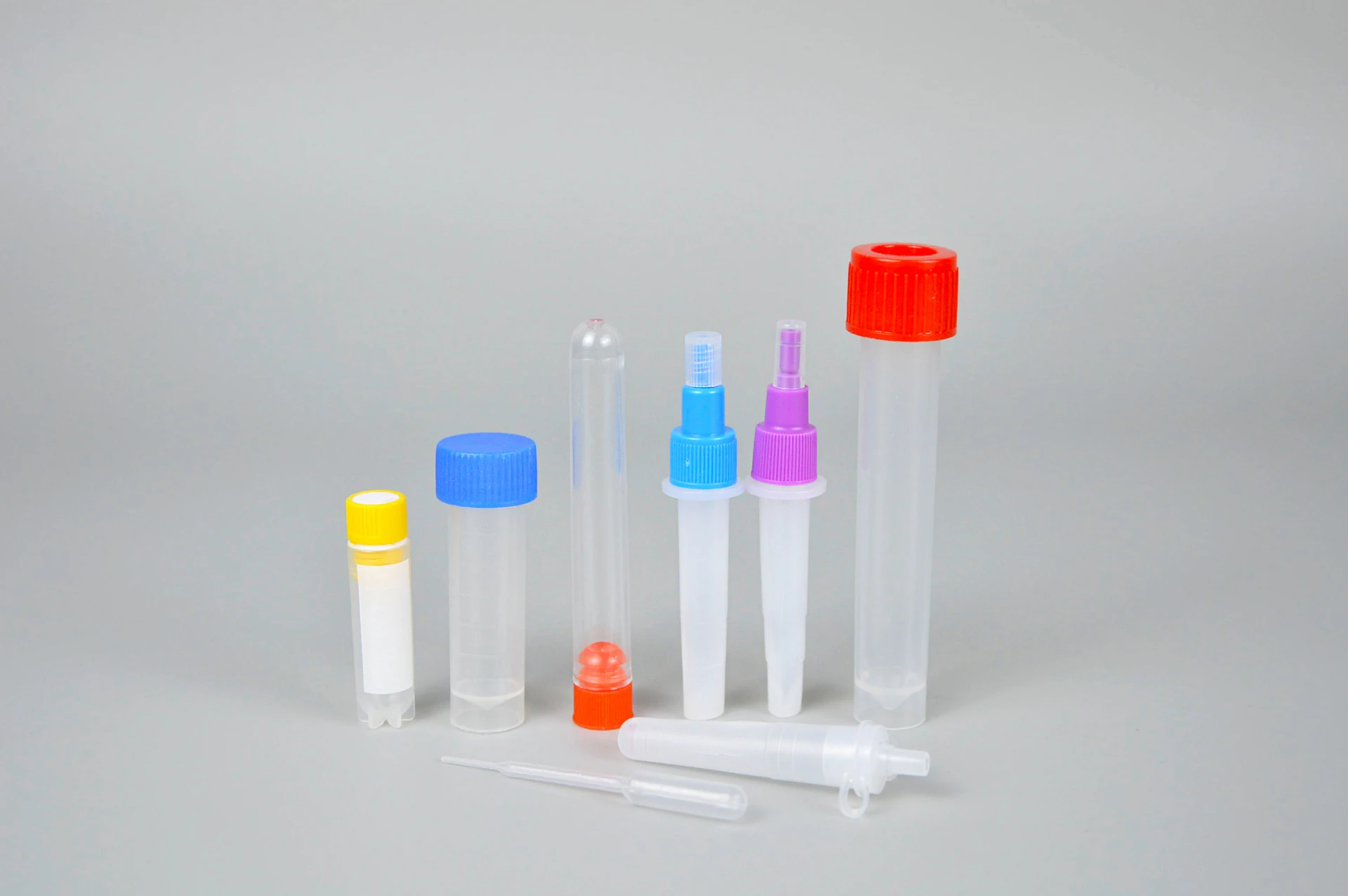Recycling Options for Empty Prescription Bottles and Proper Disposal Methods
Recycling Empty Prescription Bottles A Responsible Approach to Waste Management
In today’s world, environmental sustainability has become a pressing concern. One area that often goes unnoticed in the conversation about waste management is the disposal of empty prescription bottles. With millions of prescriptions filled every year, the number of plastic bottles discarded is staggering. Recognizing the importance of recycling these bottles is a vital step towards reducing plastic waste and promoting responsible disposal practices.
The Problem with Plastic Waste
Plastic pollution is one of the most significant challenges we face today. According to the Environmental Protection Agency (EPA), thousands of tons of plastic waste end up in landfills each year. Prescription bottles, often made of 1 PET or 2 HDPE plastics, contribute to this problem when improperly disposed of. Unlike other plastics that are more widely recycled, prescription bottle recycling is not as straightforward. Many municipalities do not accept these bottles due to contamination risks, especially if they still contain residue of medications.
Why Recycle Prescription Bottles?
Recycling empty prescription bottles is essential for several reasons. Firstly, recycling helps conserve natural resources. Every recycled bottle reduces the need for raw materials to produce new plastic products, saving energy and decreasing greenhouse gas emissions. Secondly, recycling minimizes the volume of waste destined for landfills, extending their lifespan and reducing the need for new waste disposal sites. Lastly, responsibly recycling prescription bottles can mitigate the risk of drug abuse and accidental poisonings, as it prevents medications from falling into the wrong hands.
How to Properly Recycle Prescription Bottles
The process of recycling prescription bottles starts at home. Here are some steps to ensure proper disposal
1. Empty and Clean Before recycling, ensure the bottle is completely empty. Rinse it out with water to remove any residual medication. This step is crucial, as leftover medications can contaminate the recycling stream.
empty prescription bottle recycling

2. Remove Labels Carefully peel off or black out your personal information on the label to protect your privacy. Some recycling facilities don’t accept bottles with labels for privacy reasons, so it’s essential to remove them entirely.
3. Check Local Guidelines Recycling rules can vary significantly from one location to another. Check with your local recycling provider to see if they accept prescription bottles. Some areas have specific programs dedicated to recycling plastics, including bottles, while others may require you to dispose of them through special collection events.
4. Consider Alternatives If your local recycling program does not accept prescription bottles, consider repurposing them. They can be reused for storage, craft projects, or even as containers for homemade cleaning solutions. This helps reduce waste while also serving a practical purpose.
5. Participate in Take-Back Programs Many pharmacies and healthcare providers offer take-back programs designed to dispose of unused or expired medications, along with their containers. Participating in these programs ensures safe and environmentally friendly disposal.
Encouraging Community Action
Promoting awareness about the importance of recycling prescription bottles can help foster a culture of sustainability within communities. Educational campaigns aimed at informing residents about proper disposal techniques can lead to higher recycling rates and more responsible waste management. Local governments, schools, and health organizations can play a pivotal role in these efforts, providing resources and support for community initiatives.
Conclusion
In summary, recycling empty prescription bottles is a crucial yet often overlooked aspect of reducing plastic waste. By taking responsible actions at home and supporting community initiatives, individuals can contribute to a more sustainable future. As we continue to confront the challenges posed by plastic pollution, every small effort counts towards making a significant impact. Let’s be proactive and ensure that our prescription bottles do not add to the problem, but instead, become part of the solution.
-
Aesthetic Makeup Spray Bottles | Fine Mist Empty RefillableNewsAug.19,2025
-
White Plastic Veterinary Vaccine Vials | Lab Liquid BottlesNewsAug.18,2025
-
Plastic Medicine Liquid Bottle: Secure Flip Top Drug VialsNewsAug.17,2025
-
Durable 250ml Blue Plastic Vaccine Vial for Lab & Vet UseNewsAug.16,2025
-
Sterile Virus Sample Tubes: Secure & Reliable Specimen CollectionNewsAug.15,2025
-
White 250ml Plastic Vaccine Vial for Lab & Vet MedicineNewsAug.14,2025
























